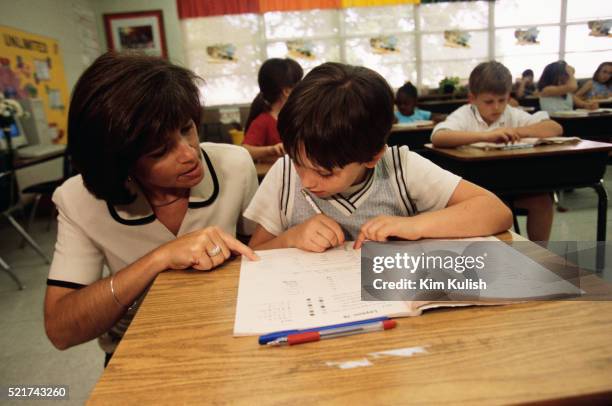MORE STATES PASS LAWS TO HOLD BACK 3RD GRADERS WHO CAN’T READ
Matt Case - August 17th
Across the nation, a contentious debate has emerged as an increasing number of states contemplate a potentially transformative measure: retaining students who fall short of passing fundamental literacy assessments. In the wake of a disconcerting decline in national reading scores since 2019, the prospect of a sizable cohort of taller 3rd graders looms, drawing both concern and support from educators, parents, and experts alike.
Presently, a notable count of 16 states, including Michigan, Arkansas, Nevada, and Tennessee, have enacted legislation mandating the repetition of the 3rd grade for students who fail to meet the established literacy benchmarks. This concerted effort to address the alarming dip in reading proficiency levels has ignited discussions about the potential implications of such policies on the educational landscape.

The urgency of this issue stems from the pronounced deterioration in national reading scores observed over the past few years. As a consequence, policymakers and educational authorities have taken bold steps to arrest this decline and to bolster the foundational skills that are pivotal for students' academic and personal development.
Yet, a discernible schism has emerged. Advocates of the retention strategy contend that it offers a pragmatic solution to a concerning trend, enabling struggling students to receive additional focused instruction and support in order to bridge the educational gap. Proponents assert that this measure could potentially yield long-term benefits by ensuring a stronger foundation for future learning endeavors.
However, detractors, including a contingent of parents, raise poignant concerns about the fairness and effectiveness of such an approach. Critics argue that this method disproportionately penalizes students who, while grappling with standardized tests, might otherwise exhibit commendable comprehension and engagement in the classroom setting. The essence of this argument centers on the notion that testing skills may not be fully indicative of a student's overall aptitude and potential.

As the discourse gains momentum, it remains to be seen how this contentious issue will be resolved. The confluence of academic standards, parental voices, and educational priorities underscores the complex challenge at hand. As educators and lawmakers deliberate the future of literacy assessments and potential retention policies, the nation watches with vested interest, awaiting the verdict that could reshape the academic trajectories of countless young learners.
